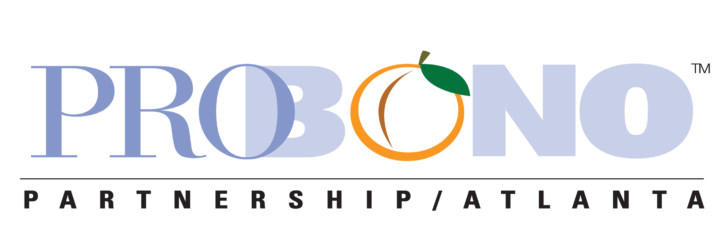Under Georgia law, companies with three or more employees are subject to workers’ compensation laws and must carry workers’ compensation insurance. Both paid staff and unpaid corporate officers (for example, Board chair and secretary) are considered to be employees. As a result, most nonprofit corporations are required to have workers’ compensation insurance.
In order to determine whether a nonprofit is subject to the workers’ compensation laws and required to have workers’ compensation insurance, first add up the total number of paid staff plus the total number of corporate officers. This is the number of employees under Georgia law. If the total number of employees (staff plus corporate officers) is three or more (which is very common), then the nonprofit is probably required to have workers’ compensation insurance.
Up to five officers of a nonprofit corporation can exempt themselves from workers’ compensation coverage, which could reduce insurance costs. Discuss this with your insurance representative. Anyone who opts out must send a completed Form WC-10 to their workers’ compensation insurance carrier or to the State Board of Workers’ Compensation (SBWC) if there is no carrier.
If all of the nonprofit’s employees are unpaid corporate officers (not paid staff) who exempt themselves from coverage, then the nonprofit might not be required to have workers’ compensation insurance.
The risk of being subject to the workers’ compensation laws but not having workers’ compensation insurance is that an uninsured organization is responsible for any benefits owed under a workers’ compensation claim. The cost of even one claim could bankrupt an organization. If there was coverage, the insurance carrier would pay these benefits.
Nonprofits that are small enough not to be subject to the workers’ compensation system can be sued in court for a work injury. Unlike workers’ compensation claims, work injury lawsuits allow for “pain and suffering” damages, which can be substantial. Small nonprofits can elect to be part of the workers’ compensation system by buying coverage in order to limit such exposure.
If you are a PBPA client and are unsure about whether or not your organization is required to carry workers’ compensation insurance, please email info@pbpatl.org.
For more information, see Georgia Workers’ Compensation Basics.
Workers' Compensation Guidelines